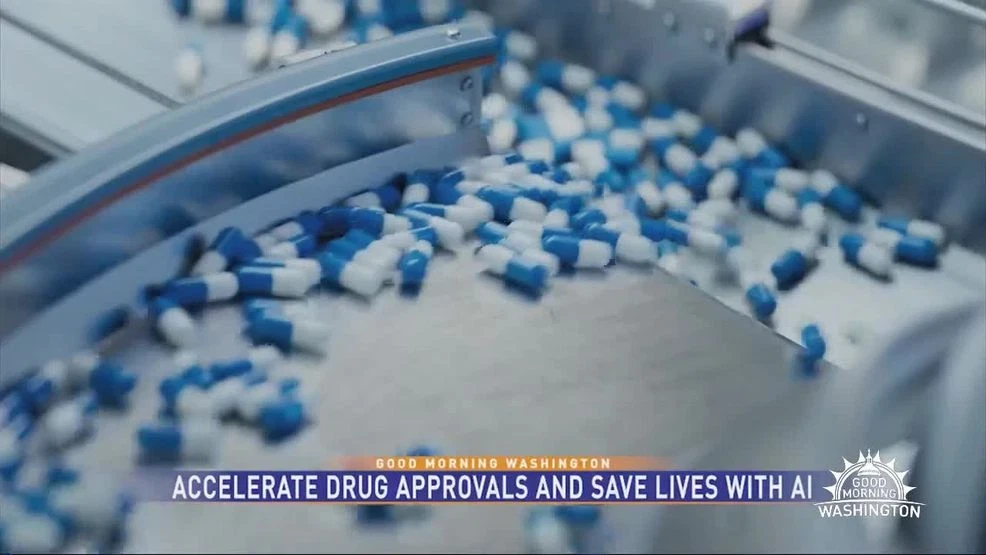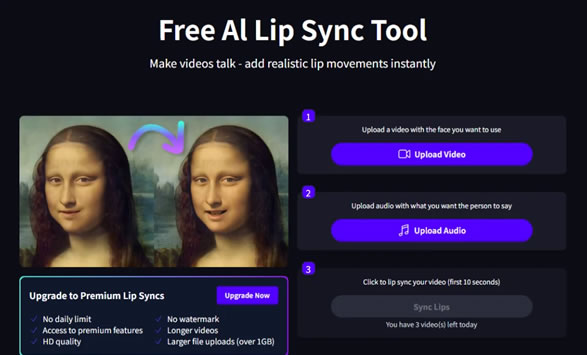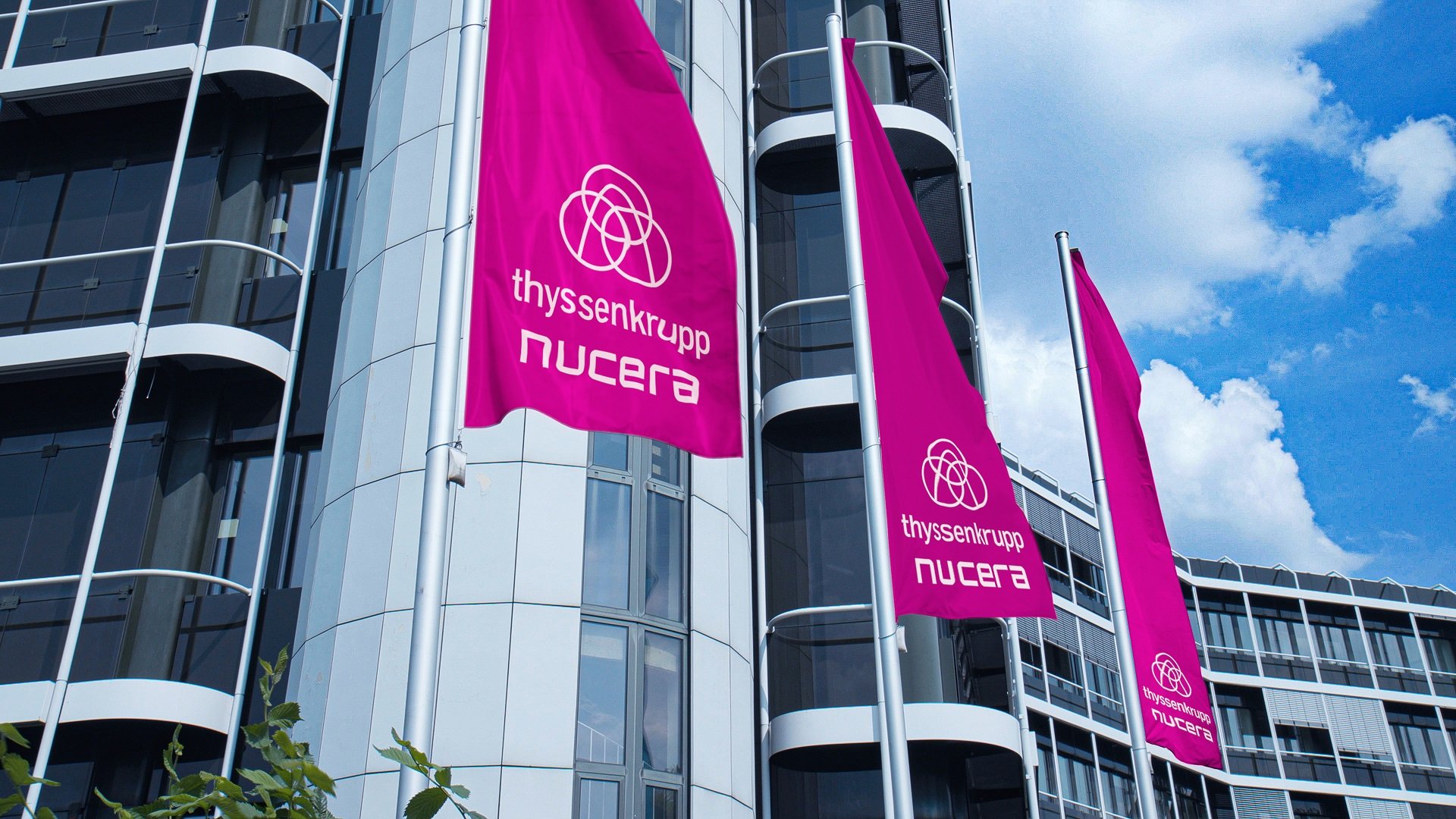
Artificial intelligence is poised to dramatically reshape the process of developing and approving new medicines, according to industry experts.
Traditionally, the path from drug discovery to patient use takes more than 10 years and can cost more than a billion dollars. Out of 10,000 potential drug molecules, only two typically make it to the market, with much of the delay tied to the regulatory approval process.
Supporters say AI can help by streamlining the maze of documentation and compliance requirements. New tools are being compared to a GPS system for drug approval—able to chart the fastest route, flag potential problems in advance, and even anticipate questions from regulators. Early estimates suggest the technology could speed approvals by 40 percent while reducing costs by about 30 percent.
Regulatory agencies are beginning to take notice. The U.S. Food and Drug Administration is already evaluating AI tools, while counterparts in Europe, Japan, and China are exploring similar approaches. Analysts project that the use of AI in biopharma will grow from $1.5 billion in 2024 to $32 billion by 2034. While many companies are still tackling individual parts of the approval process, experts say the real breakthrough will come when AI can handle the entire pathway from discovery to patient access.



